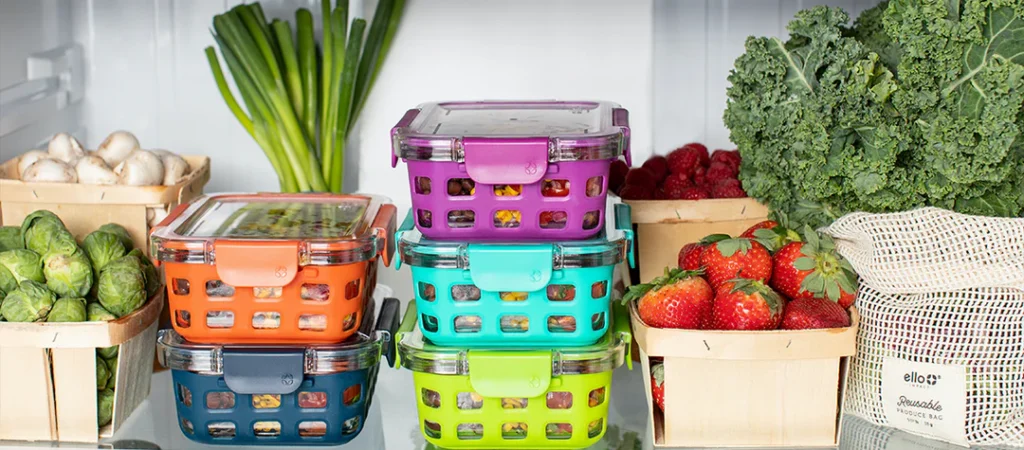Many households shop for food and produce at least once a week — whether it is at a farmer’s market, a superstore, a neighborhood grocer, a specialty store, or even a combination of resources. However, several families not only purchase produce regularly — they dispose of it often, as well.
Growth Of Food Waste
Food waste is a growing issue, especially in America. It is estimated that about 40% of food is thrown out in a year. A family of four trashes around $1,500 worth of food annually. That equates to about 80 million pounds of food, amassing to $161 billion in food waste. It has become a massive contributor to landfills, making up approximately a quarter of landfill garbage. The most common product to be trashed is dairy and other dairy products, followed by fruits and vegetables.
What’s the leading cause of food waste? Spoilage. However, food and produce are often thrown away despite still being edible. Consumers may not be able to decipher expiration dates correctly or trash food that they do not want to eat anymore. That’s an unfortunate pattern, but there is hope for those who have issues with spoilage. There are many ways families can help their products last longer which will save money, reduce food waste, and help overcrowded landfills.
Keep Track Of Waste
Firstly, it’s beneficial to keep track of what your family is throwing out the most. What kind of food products are you mostly disposing of? Are you trashing produce every week because it has gone rotten, or do you just not wish to eat it? What’s the value of these foods being thrown away? Consider freezing food if possible or creating a compost heap for your home garden. Planning and organizing a weekly menu before heading to the store can help cut out impulsive spending and encourage smart, efficient purchases.
Upgrade Your Storage
Additionally, your family can upgrade the family refrigerator or add an approved purification system to your fridge that utilizes ozone and ionization technology to lessen ethylene. This can further delay decomposition in food and produce. Properly storing fruits and vegetables can also help them stay fresh for a longer period of time.
Medical Disclaimer: All the content available on the website is just for informational purposes. It’s not a substitute for any Professional advice. Don’t take it personally. As a medical student, I’m just trying to use my information through my content, and please keep in mind it’s not written by a professional doctor. Use the data just for educational purposes.
Disclaimer: The content on Wellness Derive is for informational purposes only and not a substitute for professional medical advice, diagnosis, or treatment. Always consult a healthcare provider for medical concerns.



